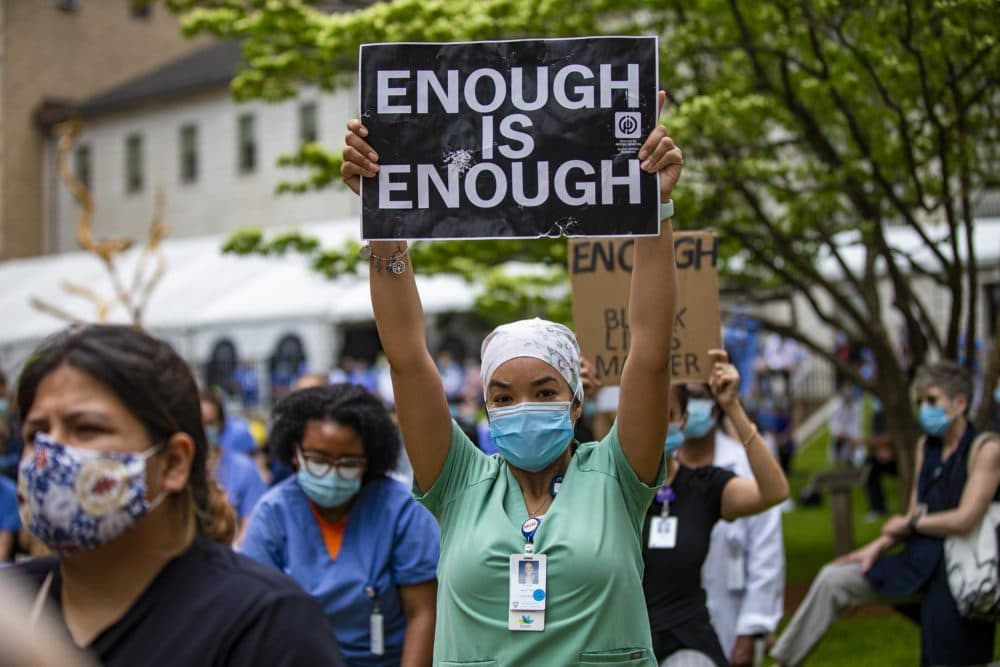Climate change. Immigration. Economic inequality. COVID-19. What is the role of sociology in times of crisis? More than just a hunch or common sense, sociology offers a scientific way to make sense of the larger world. Using the global crisis of COVID-19, let’s consider the range of topics sociologists could use to address this issue.

Beginning with culture, the socially learned and shared ideas, behaviors, and material components of a society, we find that the coronavirus has resulted in a shift in how people greet each other. People around the world have abandoned the traditional handshake in favor of elbow bumps, namaste palms, the Wakanda chest cross, and even the Wuhan shake. Other changes to culture as a result of COVID-19 include how we socialize, how we work, and how we mourn. In future ethnomethodology, the study of people’s methods as it relates to the formation of society, will look back at this time not only from the standpoint of illness but also for the broader cultural shifts that occurred.

Disease updates are now a constant in our lives. The medical industrial complex, the multibillion-dollar enterprise consisting of doctors, hospitals, nursing homes, insurance companies, drug manufacturers, and hospital supply and equipment companies, is at the forefront of our minds. Masks. Gloves. Face shields. Cleansing wipes. We are all too familiar with the shortages in PPE (personal protective equipment) faced by those in the medical field. Medical sociology, the sociological analysis of social interactions, organizations, and systems related to health, illness, and medicine, offers us a host of other issues worth considering as it relates to this crisis. These include not only the United Kingdom’s early efforts at herd immunity, a population’s ability to resist disease as a result of a high percentage of its members being immune, but also the rise of mental illness, abnormal thoughts, behaviors, emotions, or actions that are a threat to the individual or society, in an era, if social distancing.
School closures across the country have been met with a rush to develop and support online curriculum. This change has also brought front and center how social stratification, a system in which categories of people are ranked in a hierarchy, exists in our lives. The fact is not all students have a computer (or two) in their home. The impact of this digital divide, the access to and ability to use technology like computers and the internet, is that some students can easily do their assignments and keep up with classwork, while others simply can’t.
The criminal justice system, formal institutions designed to enforce, arbitrate, and carry out the laws of society, has been impacted by COVID-19. The U.S. Attorney General William Barr has given federal prisons permission to release inmates. While some prisoners are being sent home, others are being put up in hotels. Will this decision increase the crime rate, a statistical count of different categories of crime compiled by federal, state, and local agencies? Only time and sociological research can answer that question.
Thompson is a co-owner of UITAC Publishing. UITAC’s mission is to provide high-quality, affordable, and socially responsible online course materials.
Images used in this blog:
- “Two Women Dancing While Wearing Dresses at Night Time” by Aditya Agarwal is licensed on Pexels. This image has not been altered.
- “Person With a Face Mask and Latex Gloves Holding a Globe” by Anna Shvets is licensed on Pexels. This image has not been altered.




